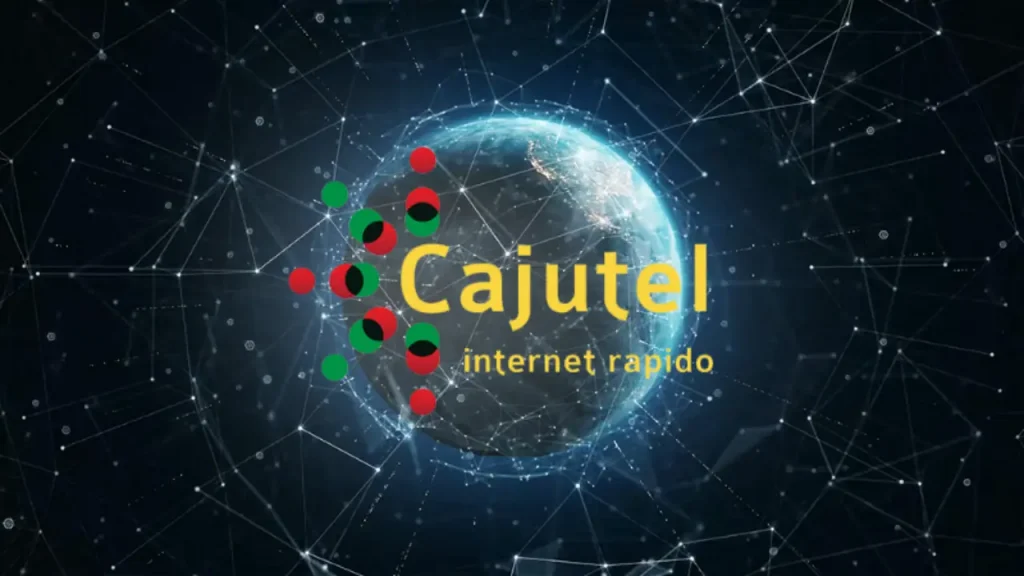- Cajutel deploys solar infrastructure to deliver affordable, high-speed internet in underserved West African regions
- Blockchain-backed funding model supports long-term connectivity, education, and economic development initiatives
Cajutel brings sustainable broadband to West Africa
Cajutel is reshaping internet access in Guinea and Sierra Leone by deploying high-speed, solar-powered broadband networks. The company targets areas with little to no connectivity, aiming to serve millions of people currently excluded from reliable internet services. By combining solar energy and wireless distribution, Cajutel offers a sustainable and cost-effective solution for a region plagued by inconsistent electricity and high infrastructure costs.
With a focus on long-term impact, Cajutel plans to reinvest in local education, technology training, and economic empowerment. Its infrastructure can deliver up to 100 times faster speeds than existing mobile data services in remote communities. According to Cajutel’s strategy documents, the goal is to cover over 50% of Guinea’s and Sierra Leone’s populations within a few years, helping bridge the digital divide that continues to hamper economic participation and access to information in the region.
Also read: MyISP Limited: Driving digital connectivity across Kenya
Also read: Impact of such disputes on AFRINIC’s member community
Cajutel’s blockchain model tackles funding and expansion hurdles
To overcome capital constraints, Cajutel uses blockchain technology via its CAJ token to attract international investment. This decentralised funding approach enables the company to raise capital transparently and engage directly with global supporters, bypassing traditional infrastructure financing barriers that often limit telecom growth in Africa. The CAJ token is tied to the company’s future profits, giving investors long-term incentives while supporting local infrastructure development.
The telecom industry in West Africa faces persistent challenges, from regulatory complexity and limited capital to inadequate infrastructure. Cajutel’s model is designed to be scalable and self-sustaining, with low maintenance costs due to its solar-powered systems and lean operational approach. While expansion depends heavily on continued investor interest and stable regulatory environments, Cajutel’s innovative use of blockchain and clean energy positions it as a disruptor in Africa’s broadband landscape.

